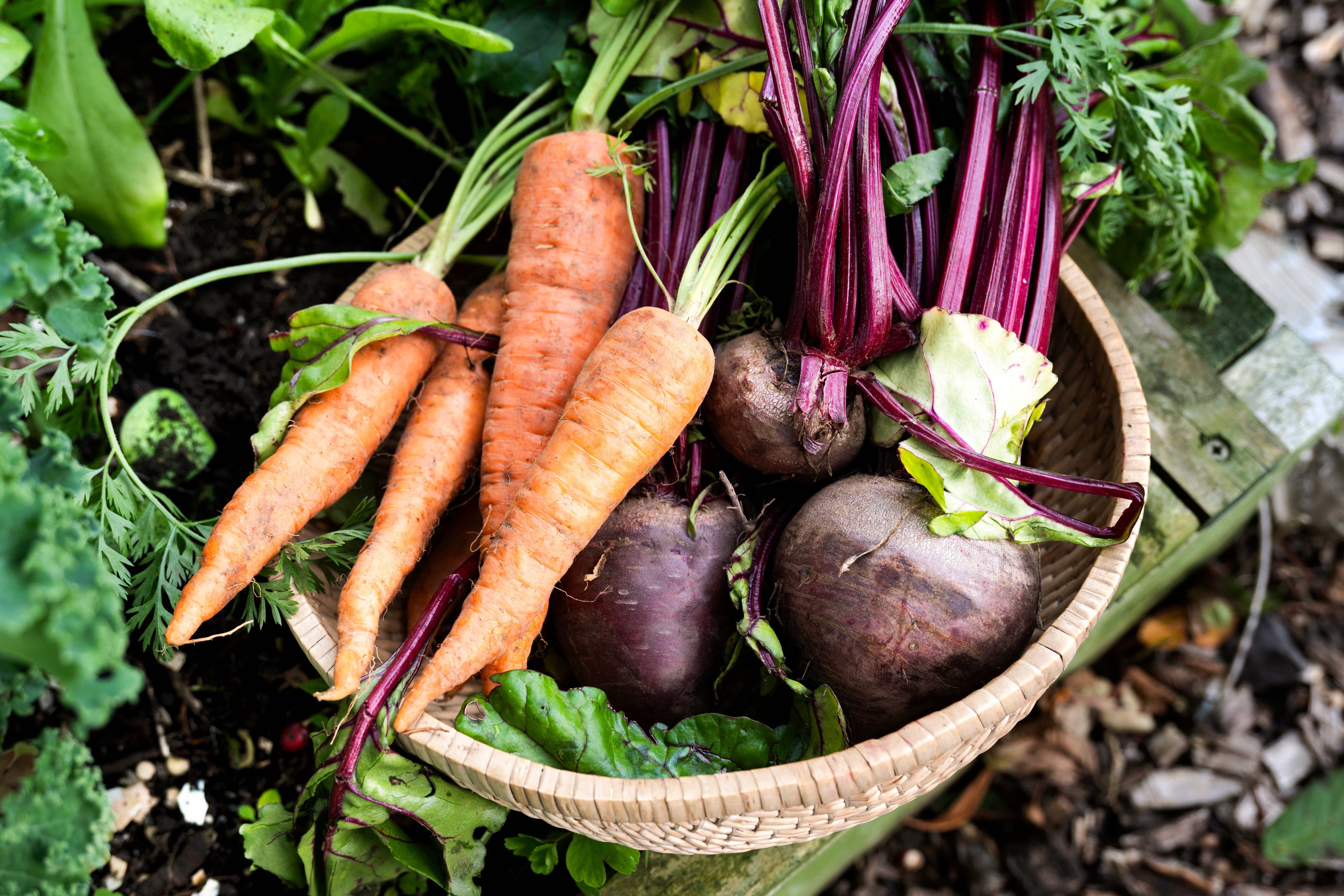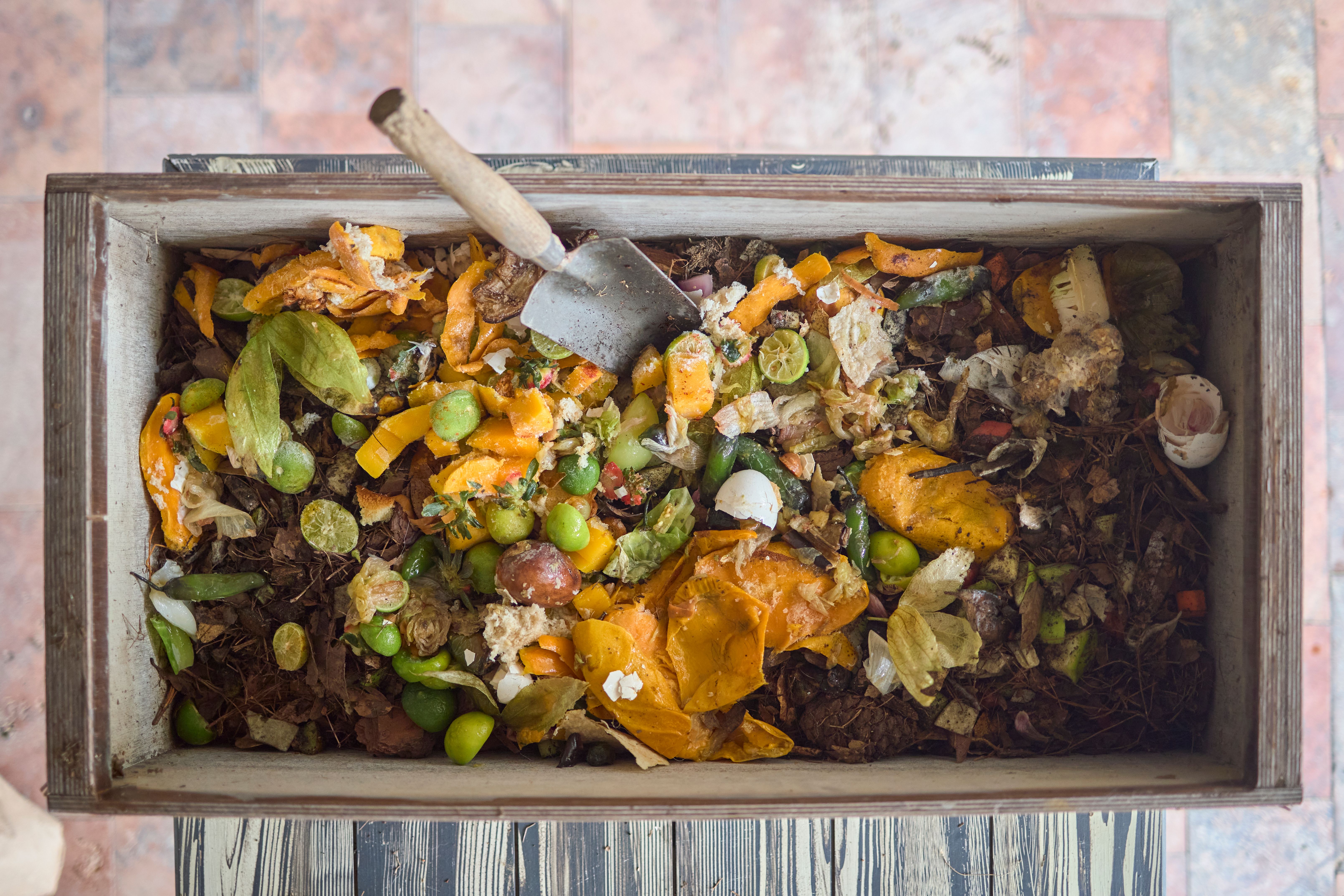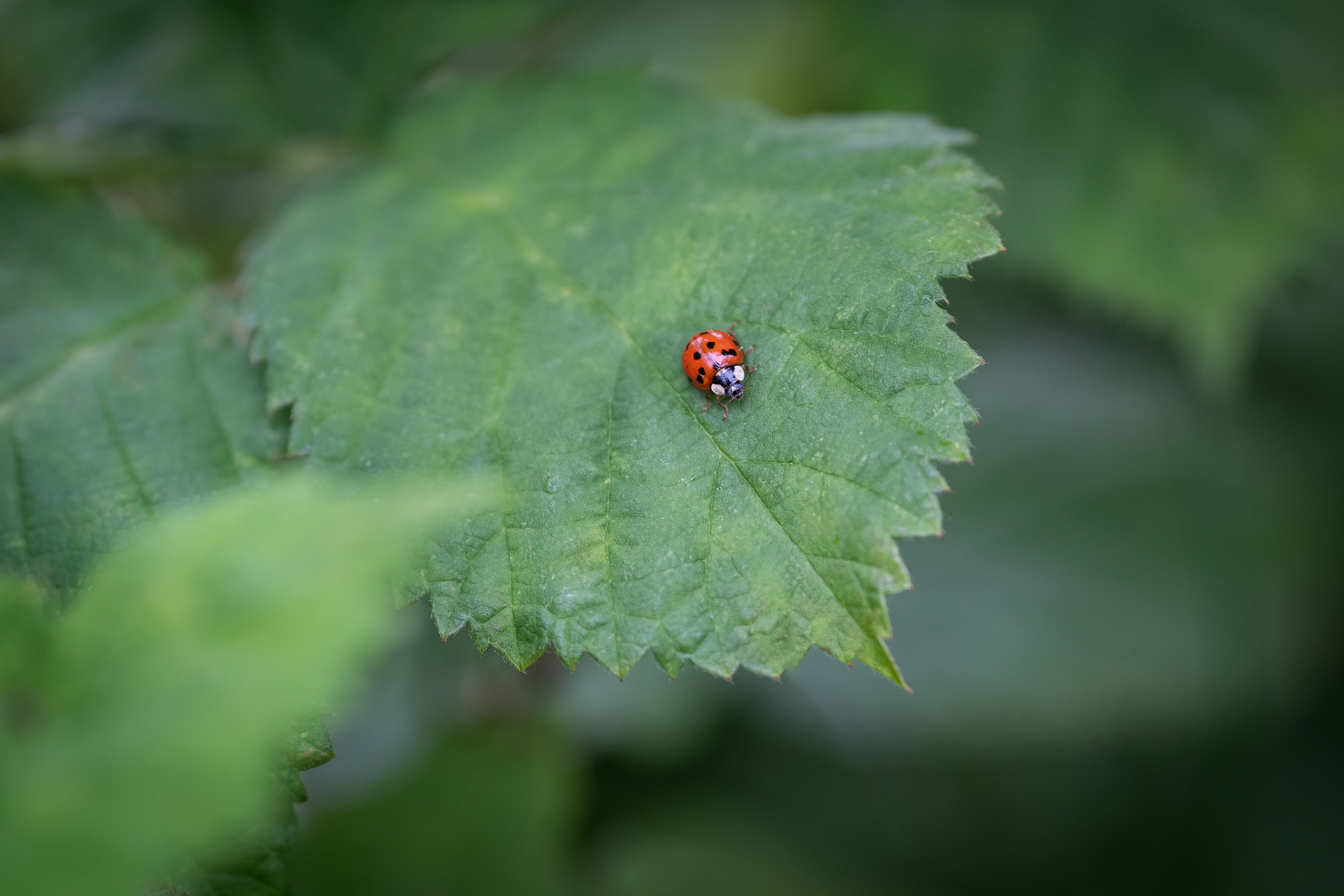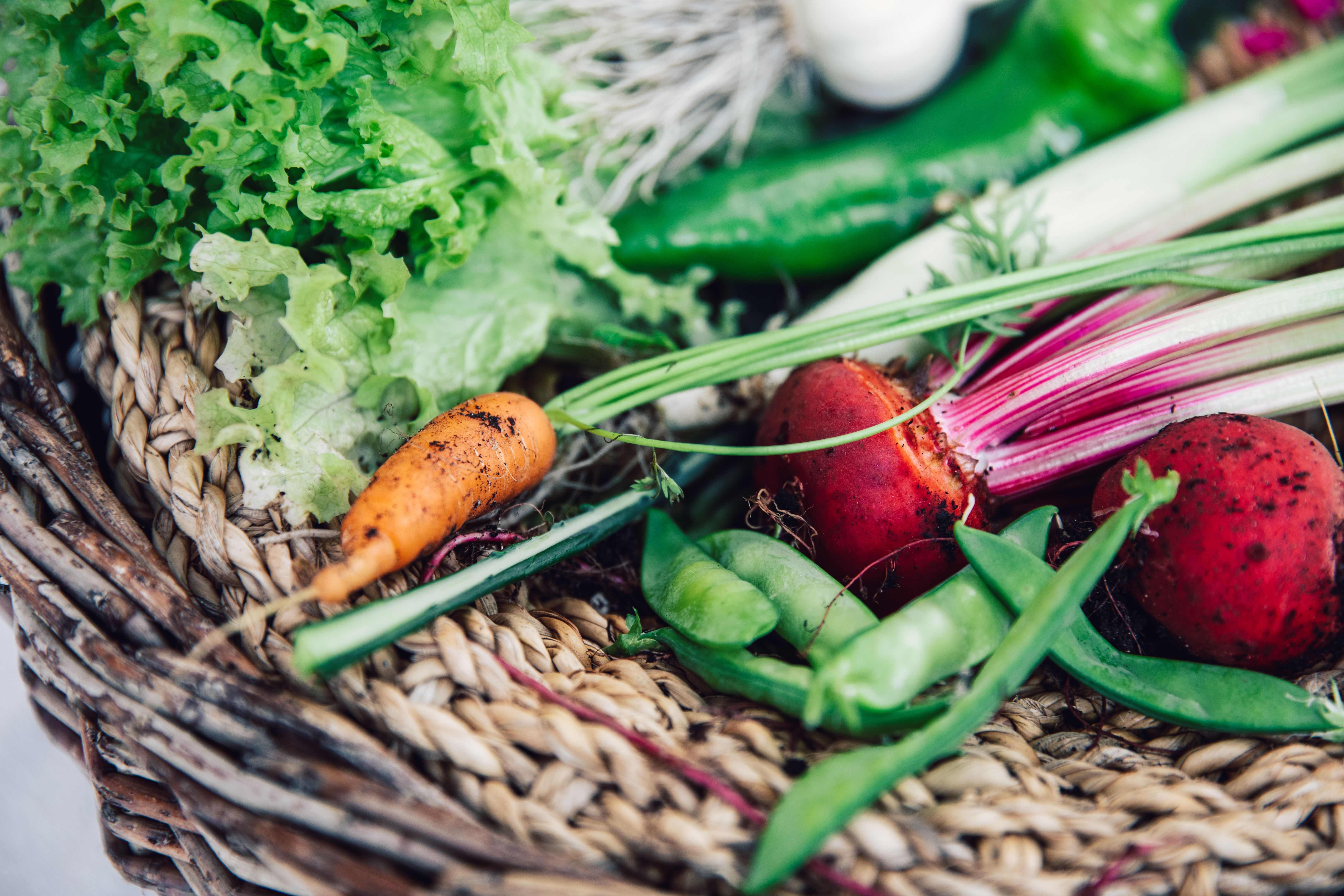Beginner's Guide to Starting an Organic Garden
Why Start an Organic Garden?
Starting an organic garden is a rewarding endeavor that not only provides fresh produce but also promotes environmental sustainability. By growing your own fruits and vegetables without synthetic fertilizers or pesticides, you contribute to a healthier planet and ensure the produce you consume is free from harmful chemicals.
Organic gardening also offers a therapeutic escape from the hustle and bustle of daily life. Engaging in this hands-on activity can reduce stress and improve mental well-being. Plus, it's an excellent way to connect with nature and learn more about how plants grow.

Choosing the Right Location
Location is crucial when starting an organic garden. Look for a spot that receives at least six to eight hours of sunlight daily, as most vegetables and fruits require ample sunlight to thrive. Ensure the area has good drainage to prevent waterlogging, which can damage plant roots.
Consider the proximity to a water source, as regular watering is essential, especially during dry spells. If space is limited, container gardening on a balcony or patio can be a great alternative.
Preparing the Soil
Healthy soil is the foundation of a successful organic garden. Begin by clearing the area of weeds and debris. Use a garden fork or spade to loosen the soil, allowing roots to penetrate more easily. Adding organic matter such as compost or well-rotted manure will enrich the soil with nutrients and improve its structure.

Testing the soil's pH can help you determine if any amendments are needed. Most vegetables prefer a slightly acidic to neutral pH level. Lime can be added to raise the pH, while sulfur can lower it if necessary.
Selecting the Right Plants
When choosing plants for your organic garden, consider starting with easy-to-grow varieties like tomatoes, lettuce, and radishes. These crops are resilient and provide quick rewards for beginners. It's also wise to select plants that are well-suited to your local climate and soil conditions.
- Tomatoes
- Lettuce
- Radishes
- Carrots
- Zucchini
Implementing Organic Practices
Maintaining an organic garden involves using natural methods to control pests and diseases. Encourage beneficial insects like ladybugs and bees by planting a variety of flowers. Companion planting, where certain plants are grown together to enhance growth or deter pests, can also be effective.

Regularly rotating crops each season prevents soil depletion and reduces the buildup of pests and diseases. Mulching with organic materials such as straw or wood chips helps retain moisture and suppress weeds.
Harvesting and Enjoying Your Produce
One of the most rewarding aspects of organic gardening is the harvest. Pick fruits and vegetables when they are ripe and at their peak flavor. Regular harvesting encourages more production and prevents overripening, which can attract pests.
Enjoy the fruits of your labor fresh from the garden, or preserve them through canning or freezing to savor the taste of summer year-round. Sharing your bounty with friends and family can also be a delightful way to spread the joy of organic gardening.
